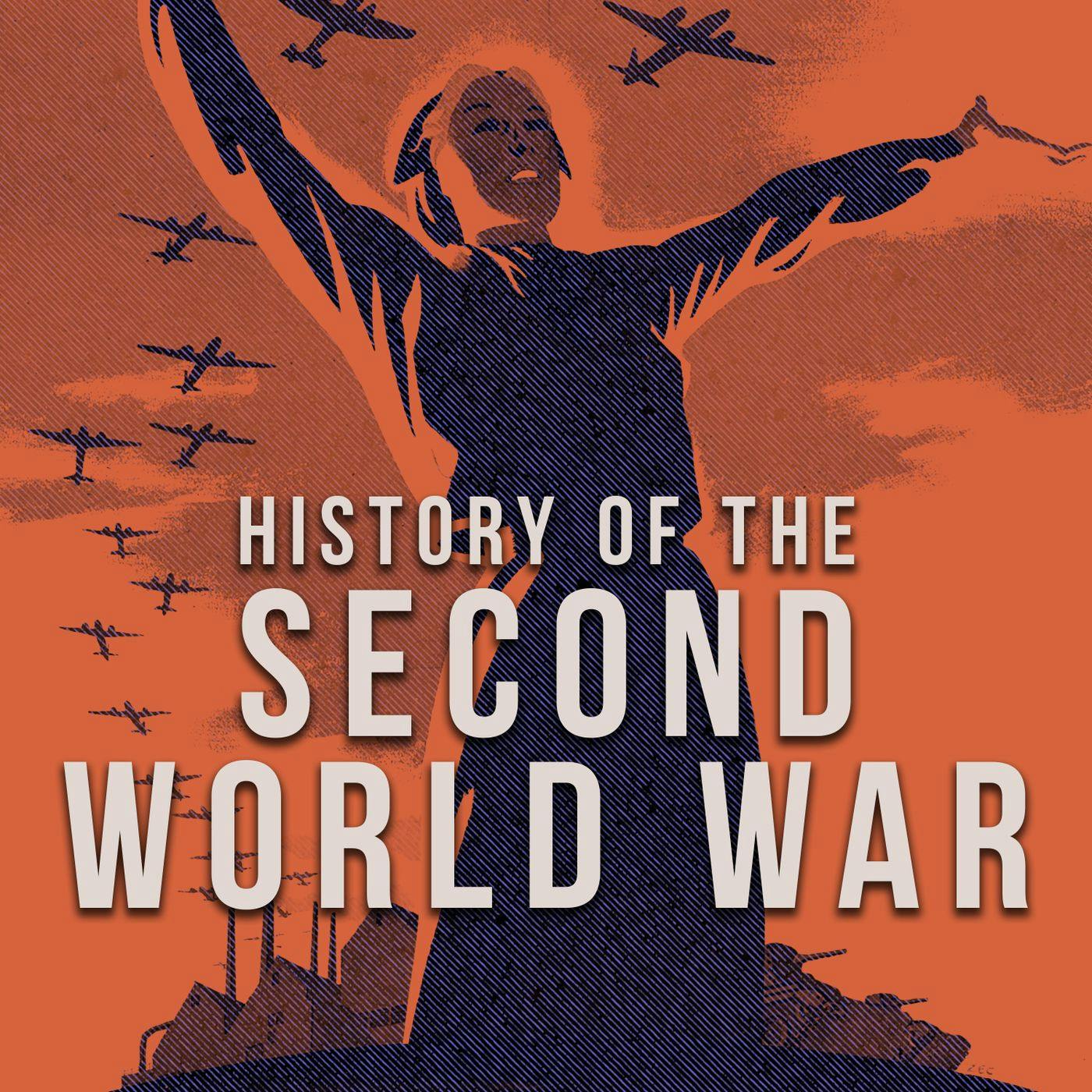
1: Season 1 - Introduction

History of the Second World War
Deep Dive
Why is the interwar period critical to understanding the Second World War?
The interwar period (1919-1939) is critical because it shaped the political, economic, and social conditions that led to the Second World War. It includes key events like the rise of fascism, the Great Depression, and the failure of the League of Nations, all of which influenced the decisions and actions of nations and leaders, ultimately setting the stage for global conflict.
What are the three nuanced questions the podcast focuses on regarding the interwar period?
The podcast focuses on: 1) Were there opportunities between 1919 and 1939 to avoid or reduce the likelihood of war? 2) Were there events that nearly triggered a global conflict before 1939, and why were they avoided? 3) How did leaders and citizens perceive the events of the interwar period, and did they see war as inevitable?
What was the significance of the League of Nations during the interwar period?
The League of Nations was created to promote international cooperation and prevent future conflicts. While it ultimately failed to stop the Second World War, it provided a framework for international diplomacy and conflict resolution, and its successes and failures offer important lessons about the challenges of maintaining global peace.
How did the Great Depression impact the interwar period?
The Great Depression caused severe economic downturns worldwide, leading to political instability and drastic policy changes. In Germany, it exacerbated existing tensions and contributed to the rise of the Nazi Party. Economic struggles also pushed many nations toward isolationism and nationalism, further destabilizing international relations.
What role did the Italo-Ethiopian War play in escalating tensions in Europe?
The Italo-Ethiopian War (1934) marked a significant escalation in European tensions, as Italy's aggressive expansion in Africa brought Europe closer to war than it had been since 1919. It highlighted the failure of international institutions like the League of Nations to prevent aggression and set a precedent for further conflicts.
Why is it important to judge historical decisions based on the information available at the time?
Judging decisions based on the information available at the time avoids the pitfalls of hindsight bias. It allows for a more accurate understanding of why certain choices were made, recognizing that outcomes are not always predictable and that good decisions can sometimes lead to bad results, and vice versa.
What were the key conflicts in the 1930s that increased international tensions?
Key conflicts included the Italo-Ethiopian War (1934) and the Spanish Civil War (1936-1939). These conflicts saw the involvement of multiple nations and ideologies, bringing Europe closer to a larger war. Additionally, the Second Sino-Japanese War (1937) in Asia further destabilized global relations.
Shownotes Transcript
Season 1 of the podcast will be all about the much neglected interwar years. During this period there were many changes that are critical to understanding the start and course of the Second World War.
Website
Patreon
Twitter
Facebook
Discord
Email: historyofthesecondworldwar@outlook.com
Learn more about your ad choices. Visit megaphone.fm/adchoices